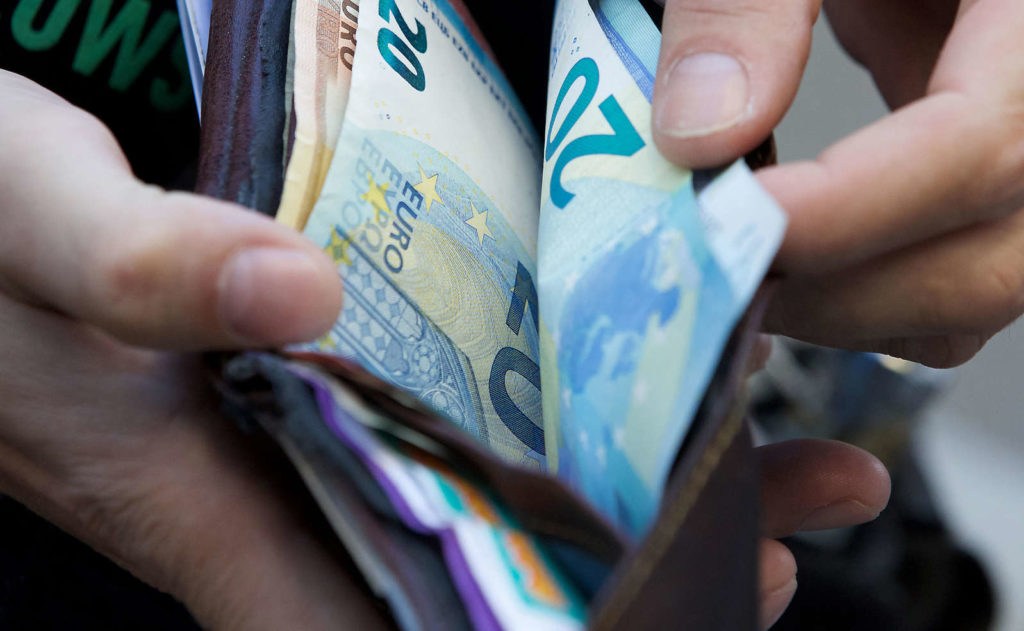People saving in Belgium collectively lost some €22 billion last year as a result of high inflation rates which sharply reduced the real value of balances on savings and current accounts.
The inflation in rate in Belgium is actually much higher than the interest rates on such accounts, as a result of the increased energy prices.
While consumer prices increased by around 5.71% between December 2020 and December 2021, the interest on most savings accounts is just 0.11%; on current accounts, this is usually zero, according to a report by De Tijd.
As a result, the real interest rate (interest minus inflation) on savings and current accounts came to -5.6% and -5.7% in 2021.
Related News
- World's 10 wealthiest people earned over €350 billion in 2021
- People with savings accounts in Belgium actually losing money due to inflation
- Many Belgians poorer as pandemic fuels inequality
In real terms, some €295 billion was in savings accounts and €100 billion in current accounts at the end of 2020. The purchasing power of these amounts therefore decreased in 2021 by €16.5 and €5.7 billion, respectively – a total of €22.2 billion.
The loss of "purchasing power" decreased at a higher rate in Belgium than in most other eurozone countries, according to an analysis by economist Eric Dor of the IESEG School of Management (Lille Business School).
However, this loss of purchasing power does not take into account the economic gains that many households have made through investment funds and shares.
No longer transferring to savings
Despite the historically low interest rates, the savings account remains a fixture for people living in Belgium. According to De Tijd's survey of nine banks, the balances on regulated savings accounts has increased by €4.2 billion to €274.4 billion in 2021.
Extrapolating – an estimation of a value based on extending the existing values – that amount to the entire market, savings deposits rose to some €300.05 billion, making it the first time that the €300 billion mark was exceeded. However, the overall increase in savings was smaller than in 2020.
Funds held in current accounts has likely increased at a faster rate compared to 2020 because few people continue to transfer money from these accounts to their savings, due to the lack of interest these now yield in Belgium.
Overall, most households continue to save more (albeit less than in 2020) as a result of the coronavirus measures in place in 2021, which had a negative impact on consumption.

